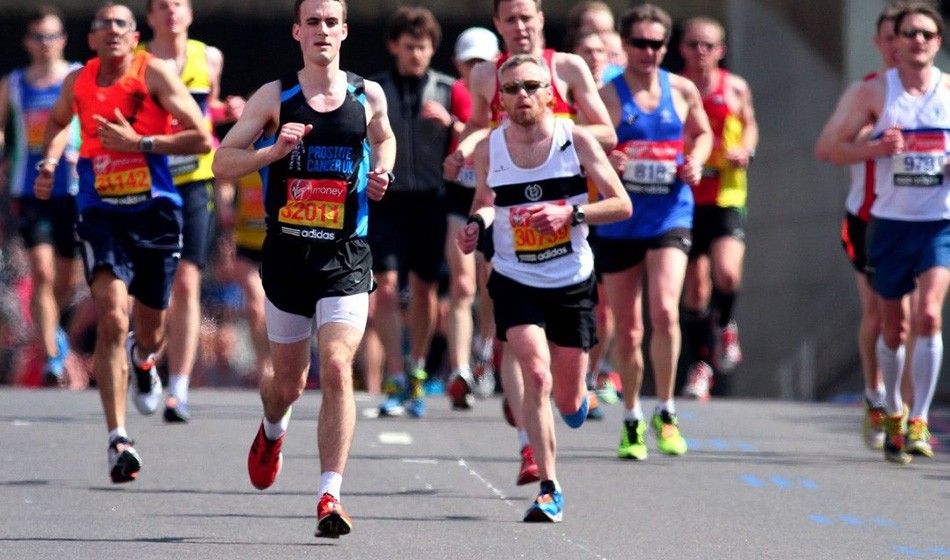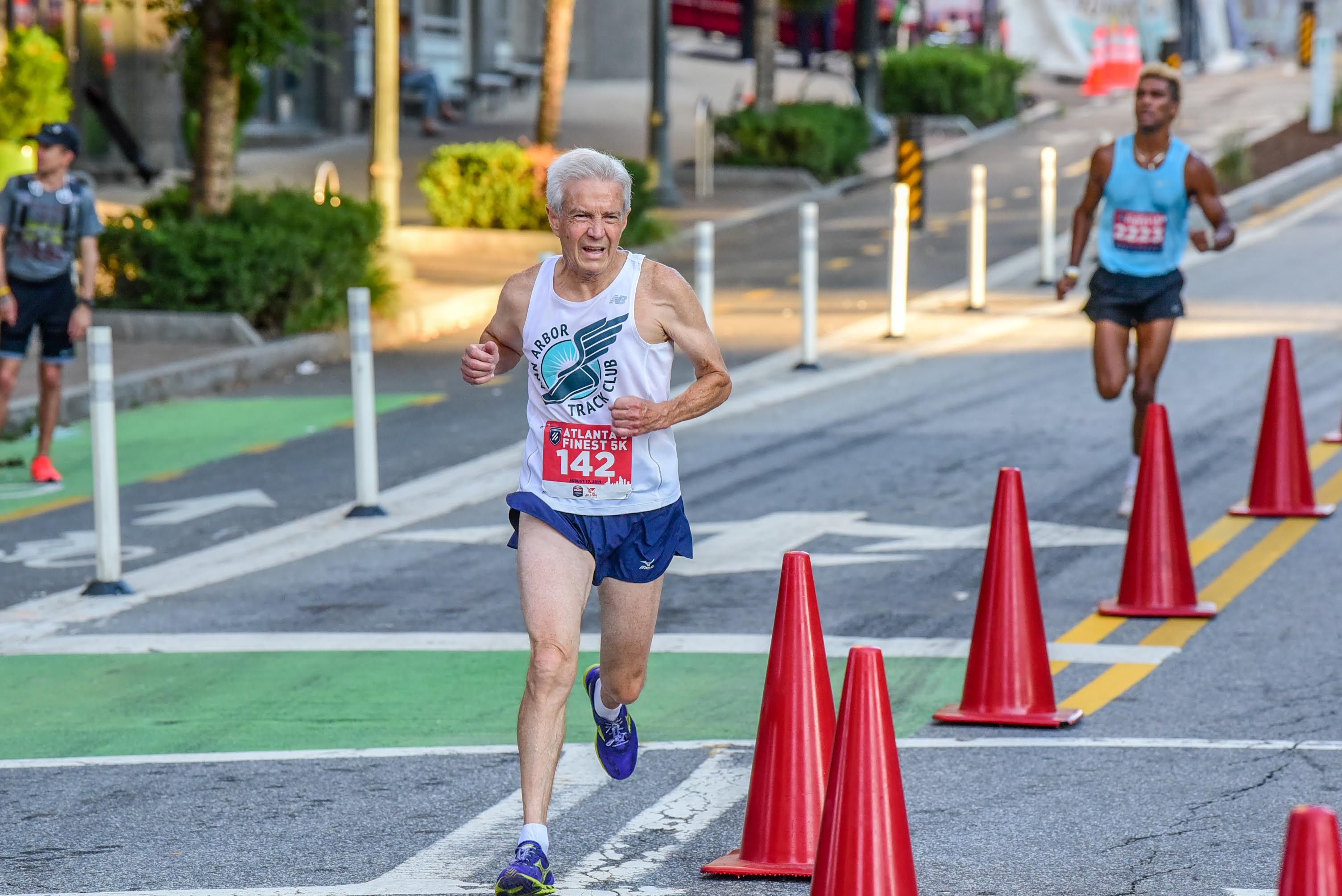

There’s still progress to be made, but you have to generate a bigger training stimulus in order to reap a smaller percentage increase in performance. But, depending on how long you’ve been riding, you reached the point of diminishing returns many years ago. In your 20s, even a whiff of training stress was enough to make you faster. One of the challenges masters and grand masters face is that more input (training stress) is needed to elicit the desired output (improved performance) than when they were younger. Mistake: Too Little IntensityĪthletes of all ages and ability levels can respond positively to training stress, but no two people respond exactly the same way. If you know you have a period coming up when training time will be limited, the science of detraining shows you can cut your weekly hours by up to 50% – as long as you keep the intensity in the remaining hours – and retain up to 90% of your current fitness.

If you can’t, be thankful it is easier to retain fitness than to gain (or regain) it. Consistency is king, if you can manage it with your schedule. This difficulty increases for grand masters.

Masters have a harder time than young athletes recouping fitness lost during prolonged periods of reduced activity that lead to detraining. Inactivity, however, is the real villain. Even as the ceiling starts to come down, there’s still plenty of room for your fitness to increase. VO 2max gradually starts declining in your 40s, but it is important to remember that VO 2max is just your performance ceiling. Starting in your 40s and really ramping up in your 50s and 60s, you’re fighting an increasingly uphill battle to build and maintain maximum aerobic capacity. These days, training and nutrition don’t need to be complicated, but there are key mistakes masters and grand masters should avoid. When it comes to training and racing, a few forceful sneezes were enough stimulus to develop abdominal muscles in your 20s, but it takes a lot more than that now. A few too many drinks lead to a bigger headache than it used to. All-nighters, whether for work or play, are harder to bounce back from.

Anyone who has made it to their 40s and 50s (masters), or 60 and 70s (grand masters) knows we can’t get away with some of the things we did in our 20s.


 0 kommentar(er)
0 kommentar(er)
